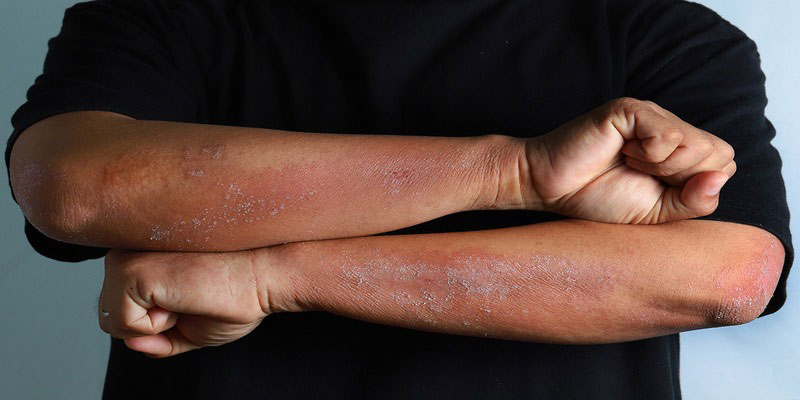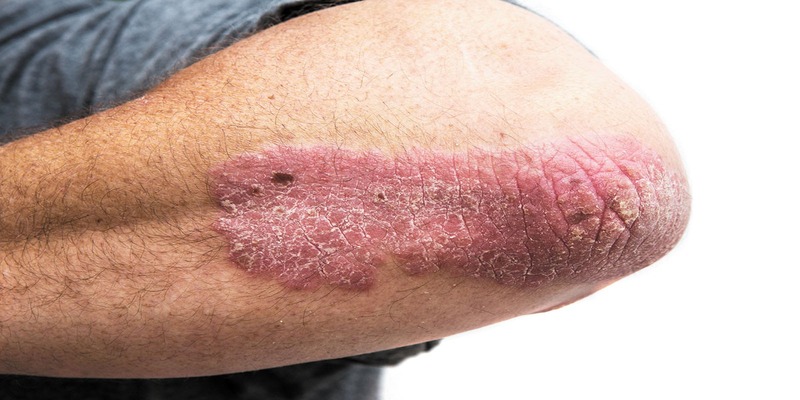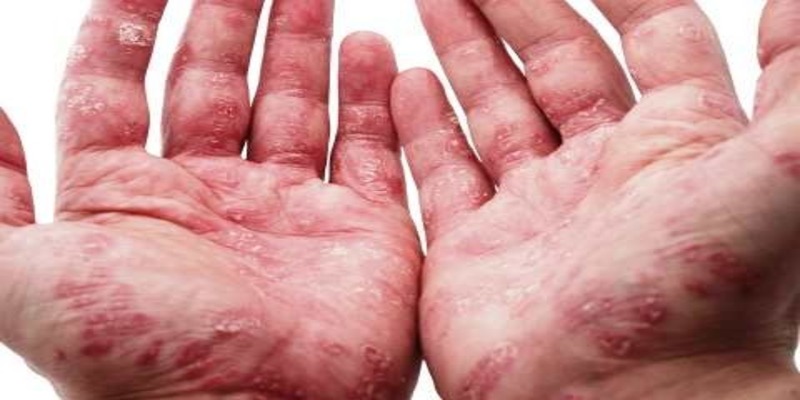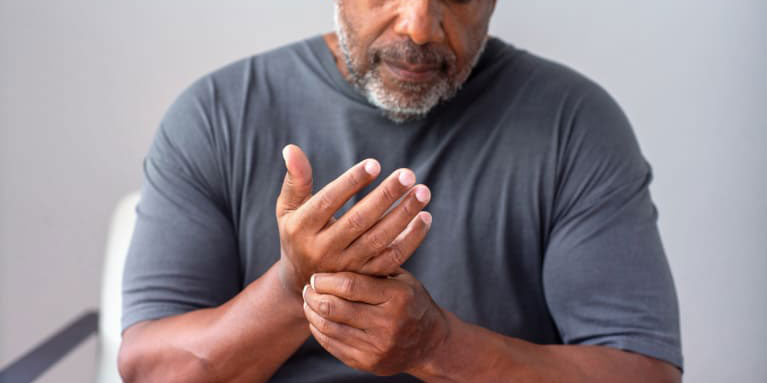
Flare-up management is essential in living with a chronic condition like psoriasis and minimizing its effects on daily life. Determining what is making your psoriasis worse is also crucial. Psoriasis is an autoimmune disorder.
Thus finding out the underlying cause is crucial. General over-the-counter medicines won't get to the root of the problem, unlike other common skin disorders.
Understanding the underlying reasons for your flares may help you pinpoint triggers and associated problems. As a result, you can manage your symptoms better.
What Causes Psoriasis Flares?

Psoriasis outbreaks are sometimes unpredictable. But there are circumstances under which they are more likely to occur. Flare-ups can range in intensity from mild to severe. This is why it's essential to identify any lifestyle factors that may exacerbate your psoriasis. Nine factors have been identified as possible causes of flares.
Expert medical opinion from a New York dermatologist at CareMount Medical suggests that minor skin injuries may trigger psoriasis flares. This covers anything from a minor scratch or scrapes to severe sunburn or an allergic reaction to an insect bite.
How Can The Condition Be Managed?

The good news is that there are things you can do to regain some sense of command over your health. Some of these procedures can be done at home, while others require medical supervision. It's important to talk to your doctor if you're suffering frequent flares.
They'll be able to evaluate your health status and see if the treatment you're receiving is helping. These suggestions and alterations to your way of life are all things you can try when it comes to making adjustments at home:
Seek Out Knowledge
Learning as much as possible about your illness is a significant first step in finding relief. Warycha told Healthline that people with psoriasis should learn as much as possible about the condition.
Hydrate Your Skin Regularly
Taking care to maintain adequate skin moisture levels is crucial. Warycha suggests using a heavy cream or emollient like petroleum jelly once a day. This aids in maintaining the skin's protective barrier, reducing the likelihood of skin injuries.
Skin injury, such as cuts, scrapes, insect bites, and even tattoos, may trigger the development of a new plaque of psoriasis at that site, she said, explaining that this is significant in which plaques form in areas of the body that do not usually experience lesions.
Try A Humidifier
In the chilly and dry winter months, "using a humidifier will assist keep moisture in the skin," Warycha told Healthline. Keep a humidifier in your room to use at night. Keep a humidifier in any room you spend time in during the day to add some extra moisture to the air.
Bask In Some Sunlight
Skin cell renewal can be slowed by prolonged exposure to the sun's ultraviolet rays. This alleviates the discomfort of psoriasis by reducing the skin condition's two main symptoms: scaling and inflammation.
The secret to this advice is to get "a little" sun. That is to say, limit your exposure duration and do so carefully.
Psoriasis can be made worse by overexposure to sunlight, which can also lead to sunburn. When trying to alleviate symptoms, it's also essential to get the okay from a doctor before going outside.
Stick To A Healthy Weight
People living with Psoriasis, according to Warycha, can benefit from keeping inflammation levels down by keeping a healthy weight. Diet alone isn't enough to keep the pounds at bay; exercise is just as important. Visit your physician if you're having trouble losing weight or keeping it off.
Avoid Or Limit Alcohol
The effectiveness of your prescription could be diminished if you drink alcohol. Ask your doctor if you can consume alcohol while they are supervising your medical procedures, and if so, how much.
Learn To Relax
There is some evidence that routines that help you relax can make it easier to deal with flare-ups that have already occurred. Reducing stress is possible through yoga, and physical activity.
The Conclusion
There is currently no cure for psoriasis, but being proactive, avoiding triggers, and working with your doctor can ease your symptoms.
Talk to your doctor about the best course of action if you have concerns about your treatment plan or any lifestyle changes that may improve your symptoms.
Psoriasis is treated by having a dermatologist remove the thick, red, scaly areas of skin that appear on the body.
They also influence the scalp and nails, two more common areas of the body where moderate to severe psoriasis manifests. You may want to consult a dermatologist when you notice a sudden worsening of your symptoms or a flare-up.



